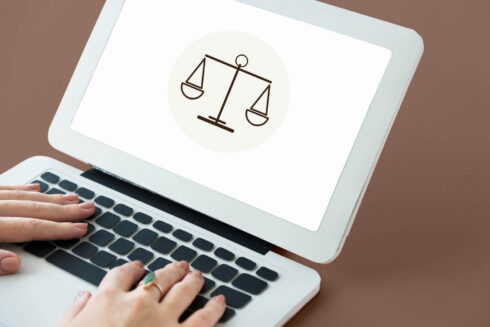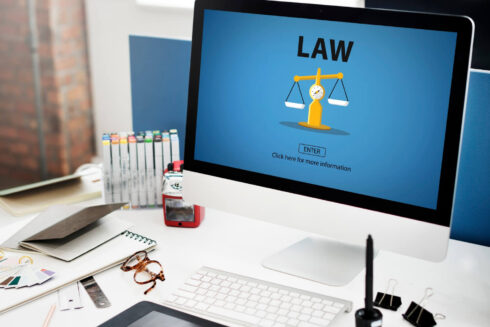This Tuesday (on 12/13/2016) the Constitutional Court of the Russian Federation (hereinafter –“CCRF”) adopted a resolution according to which the court may reduce the minimum amount of compensation whilst considering issues of compensation recovery.
What happened:
Strange as it may seem, the judges of the Arbitration Court of Altai Krai themselves filed a complaint with the CCRF, in which they asked to check Articles 1301 (liability for violating exclusive rights to a work), 1311 (liability for violating exclusive rights to an object of related rights) and 1515 (liability for the illegal use of a trademark)of the Civil Code of the Russian Federation (hereinafter – “Civil Code”) for compliance with the Constitution of the Russian Federation.
As a general rule, liability, namely compensation, is collected in the amount of 10,000 to 5,000,000 rubles.
The court representative Maxim Kulik convincingly argued that the Civil Code’s provisions on compensation protects only the interests of rightholders, but do not take into account any of the interests and financial situation of the defendants, while not allowing judges to assess actual damage.
Mikhail Barshchevsky motivated his position by stating that initially provisions on compensation for violation of exclusive rights were introduced in order to ensure a balance of rightholders’ rights and to compensate any suffered detriment. Yet now there is a tendency to claim 400,000 rubles in compensation for a Stas Mikhailov’s “counterfeit” disk, which is clearly disproportionate to detriment caused.
State Duma opponents, Tatiana Kasaeva and Pyotr Kucherenko, of the Federation Council, insisted that compensation does not violate any provisions of the Constitution and selling pirated discs can cause significant pecuniary damage, and eliminating the minimum threshold of compensation will lead to situations when courts will independently determine the amount of compensation towards reducing thereof. Pyotr Kucherenko motivated his position by reasoning that if the copyright holder intentionally overestimates the amount of compensation, then the court may completely refuse such a claim, or reduce the amount of claimed compensation by 50%.
But the CCRF considered that the minimum threshold of liability provided for by the Civil Code could be reduced by the court.
The CCRF motivated its decision by the fact that the current procedure for collecting compensation does not allow judges to differentiate punishment and designate payments whilst taking the degree of guilt and the nature of the damage caused to the right holder into account. In the decision, the CCRF also pointed out that “the court should be given an opportunity to reduce obviously unfair sanction size below the minimum limit set in the law.” At the same time, the Constitutional Court also indicated that in order to do this, the court must thoroughly study the case circumstances and establish important facts (whether the infringement was committed for the first time or caused significant damage to the right holder).
The CCRF noted that “a different approach to compensation recovery undermines citizens’ confidence in the law and the court, and leads to violations of constitutionally guaranteed personal dignity and banned personally deranging punishments.”
Private opinion: This decision is of great importance for the subsequent courts’ practice in cases on compensation recovery, since the CCRF decided to introduce appropriate changes to current legislation. Now the question of proving will be associated with more painstaking work on behalf of both the rightholders themselves in justifying the amount of compensation, and the judges which will be required to review the case materials in more detail and establish existence of circumstances that allow to reduce the minimum amount of compensation. The question remains as to how much can you reduce 10,000 rubles. Will the amount of compensation of 5,000 rubles be sufficient, or the amount can generally be reduced to a value of a CD as a material carrier of information. The answer is, unfortunately, not known, but it will be all the more interesting to follow judicial practice on such cases.
This article was partly drawn from materials gathered from the following websites: www.rbc.ru www.klerk.ru






